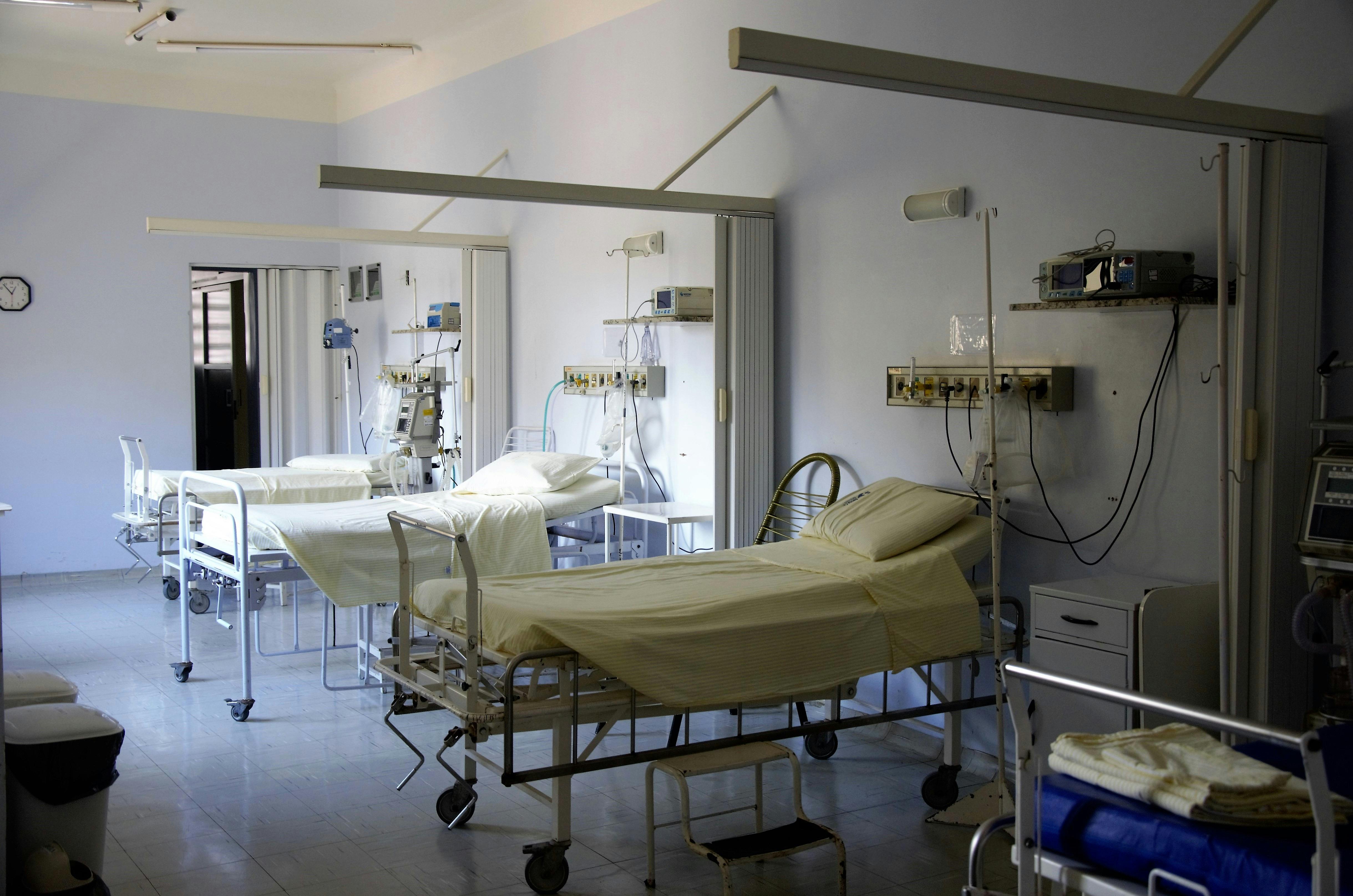Executive Summary: Bangladesh’s healthcare system faces urgent challenges in accessibility, quality, and crisis preparedness. This white paper outlines how strategic diaspora engagement, public-private partnerships, and risk-managed investment models can create certainty, confidence, and value across the healthcare ecosystem.
1. The Strategic Imperative for Public Health Safety
Public health security in Bangladesh is increasingly tied to infrastructure resilience, technological readiness, and skilled human resources. Critical care capacity remains low compared to global benchmarks, and the pandemic has revealed vulnerabilities in emergency response systems. To ensure national health security, Bangladesh must:
- Modernize hospital networks and diagnostic capacity.
- Introduce climate-resilient mobile health and rehab units.
- Strengthen public health data, surveillance, and crisis management.
Diaspora capital, combined with government and development partners, offers a dependable path to mobilize finance for both direct infrastructure investment and indirect ecosystem strengthening.

2. Diaspora: The Bridge Between Knowledge and Capital
The Bangladeshi diaspora is not only a source of remittances but a reservoir of intellectual, managerial, and technological capacity. Through coordinated engagement, they can provide:
In critical care, AI diagnostics, and clinical management.
Connecting global research hubs with Bangladeshi medical universities.
Structuring diaspora-backed funds, healthcare REITs, and endowments.
Their participation creates trust and certainty for both domestic and international investors—transforming healthcare from fragmented development into an investable, transparent, and high-impact industry.
3. Direct and Indirect Financial Support Mechanisms
Direct Finance Pathways
- Diaspora-Health Investment Funds (DHIFs): Pooling diaspora capital to finance hospital modernization, critical care centers, and mobile health infrastructure.
- Healthcare Real Estate Investment: Offering investors predictable yields backed by income-generating healthcare facilities.
- Public-Private Partnerships (PPP): Joint investment in priority zones ensuring blended risk and measurable outcomes.
Indirect Finance Pathways
- Credit Enhancement & Guarantees: Backed by development partners like IFC or ADB to reduce investor risk.
- Policy Incentives: Tax holidays, foreign exchange guarantees, and fast-track licensing for health projects.
- Community Investment Platforms: Allowing small-scale investors to participate with confidence.
Together, these instruments anchor confidence and continuity, enabling both institutional and individual investors to engage with clarity and measurable impact.
4. Value Creation Beyond Infrastructure
The value of diaspora-led health investment lies not only in physical assets but in the systems it builds:
- Health Workforce Development: Training clinicians and technicians to operate advanced facilities.
- Technology Localization: Encouraging AI-enabled patient monitoring and telehealth innovation.
- Supply Chain Strengthening: Supporting local production of medical devices and essential drugs.
- Social Return on Investment (SROI): Enhanced life expectancy and productivity translating into measurable economic growth.
5. Governance, Oversight, and Measurable Impact
Investor trust depends on verifiable governance and measurable results. The framework includes:
- Independent Audit and Impact Review under IFC/ESG protocols.
- Transparency Portals with project-level financial and health performance data.
- Performance-Based Incentives to ensure alignment between social impact and investor return.
6. Building an Ecosystem of Supporting Partners
To sustain transformation, multi-sector collaboration is vital. This ecosystem ensures financial certainty, transparency, and a shared mission to safeguard Bangladesh’s public health future.
Bangladesh’s healthcare transformation cannot rely solely on public funding—it must mobilize diaspora-led confidence capital anchored in accountability, R&D, and inclusive financial participation. This model creates certainty for investors, value for communities, and resilience for the nation.
About the Author

Ashif Jahan, MBA
Director & Chief Executive Officer
Ashif Jahan is a visionary executive leader with a 30-year track record of driving strategic growth and creating substantial stakeholder value. His unique synthesis of an MBA in Finance & Economics and a deep background in architecture provides a rare, ground-up expertise in capital-intensive development and investment.

